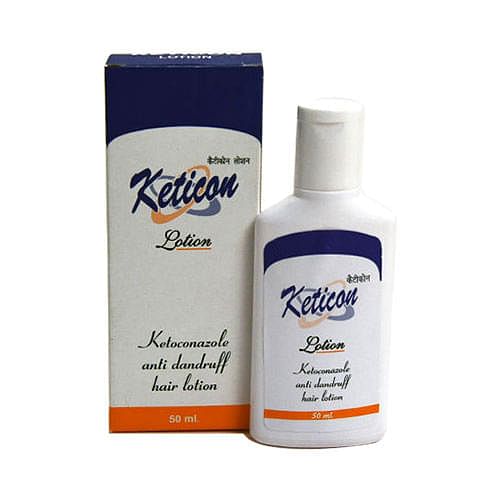
Keticon Lotion
Manufacturer
Gary Pharmaceuticals Pvt Ltd
Salt Composition
Ketoconazole (2% w/v)
Key Information
Short Description
Keticon Lotion is an antifungal medication used to treat fungal infections of the skin, such as athlete's foot, thrush, and ringworm.
Dosage Form
Lotion
Introduction
Keticon Lotion belongs to a group of medicines called antifungals. It is used to treat fungal infections of the skin. It works by killing the fungus that causes infections such as athlete's foot, thrush and ringworm.
Directions for Use
This medicine is for external use only. Use this medicine in the dose and duration as advised by your doctor. Shake it well and apply to the area evenly.
Safety Information
Side Effects
No common side effects listed.
Alcohol Warning
No interaction found/established
Breastfeeding Warning
Information regarding the use of Keticon Lotion during breastfeeding is not available. Please consult your doctor.
Pregnancy Warning
Keticon Lotion may be unsafe to use during pregnancy. Although there are limited studies in humans, animal studies have shown harmful effects on the developing baby. Your doctor will weigh the benefits and any potential risks before prescribing it to you. Please consult your doctor.
Interacting Medicines
Alfuzosin Amisulpride Aripiprazole Astemizole
How it works
Keticon Lotion is an antifungal medication. It kills and stops the growth of the fungi by destroying its cell membrane thereby treating your skin infection.
Quick Tips
Keep your feet clean and dry Cut your nails short and prefer open-toe shoes for everyday use Use a separate clean towel for the feet and wear clean cotton socks Never share your socks, shoes, and towel with others Avoid getting it in the eyes, nose, or mouth
Related Medicines
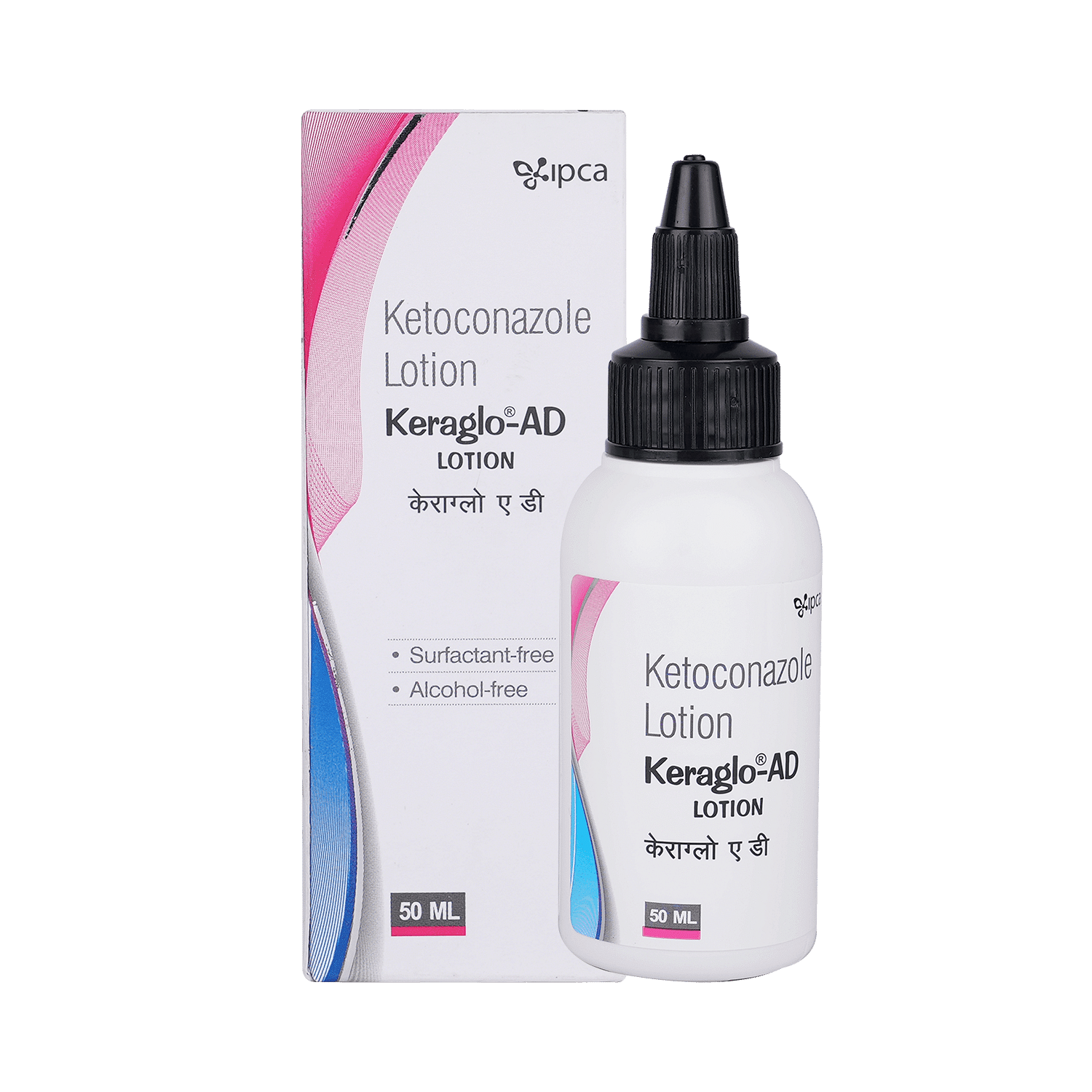
Keraglo AD Lotion
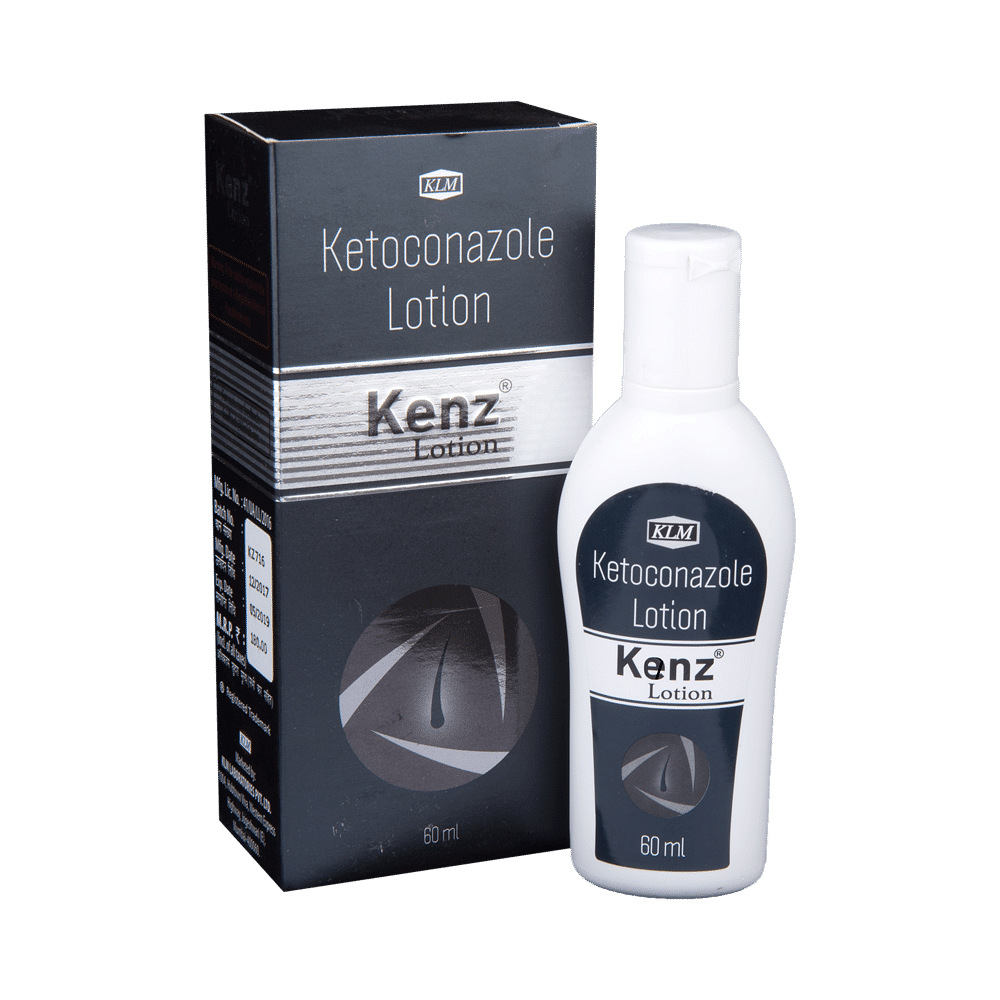
Kenz Lotion
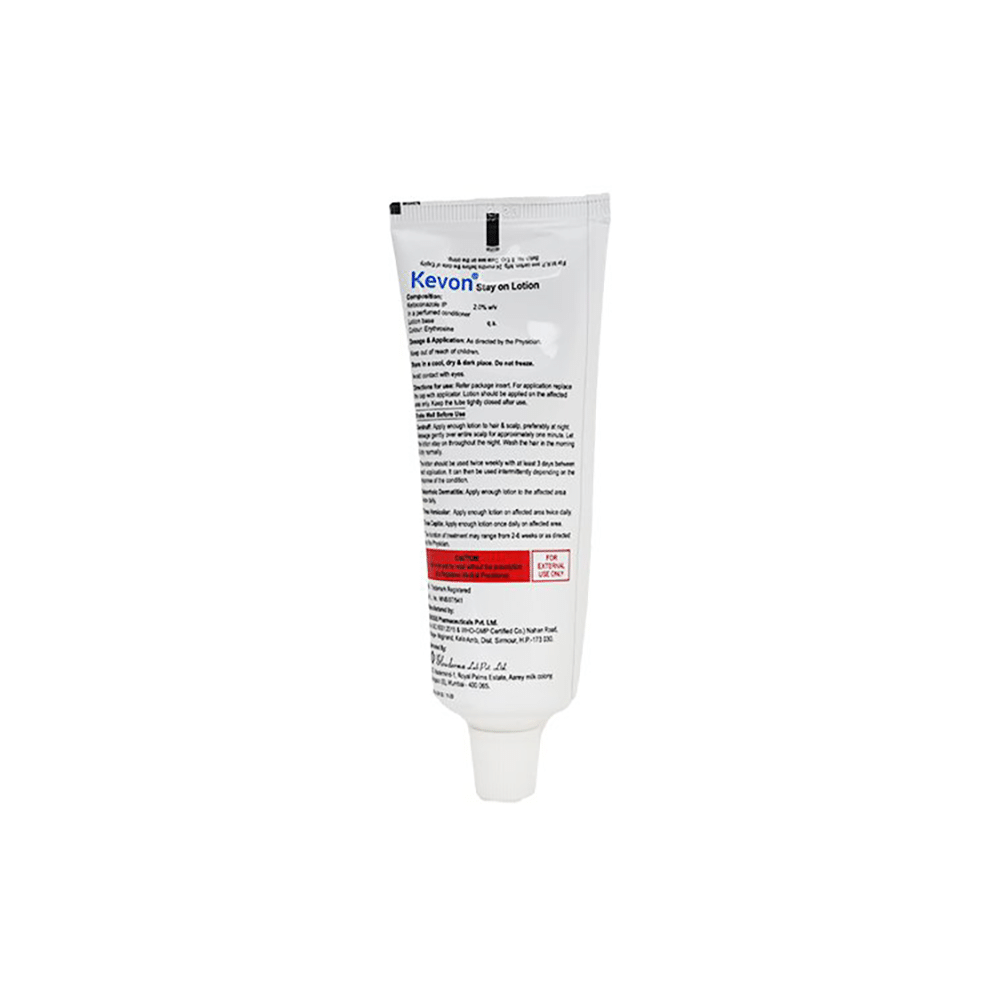
Kevon Lotion
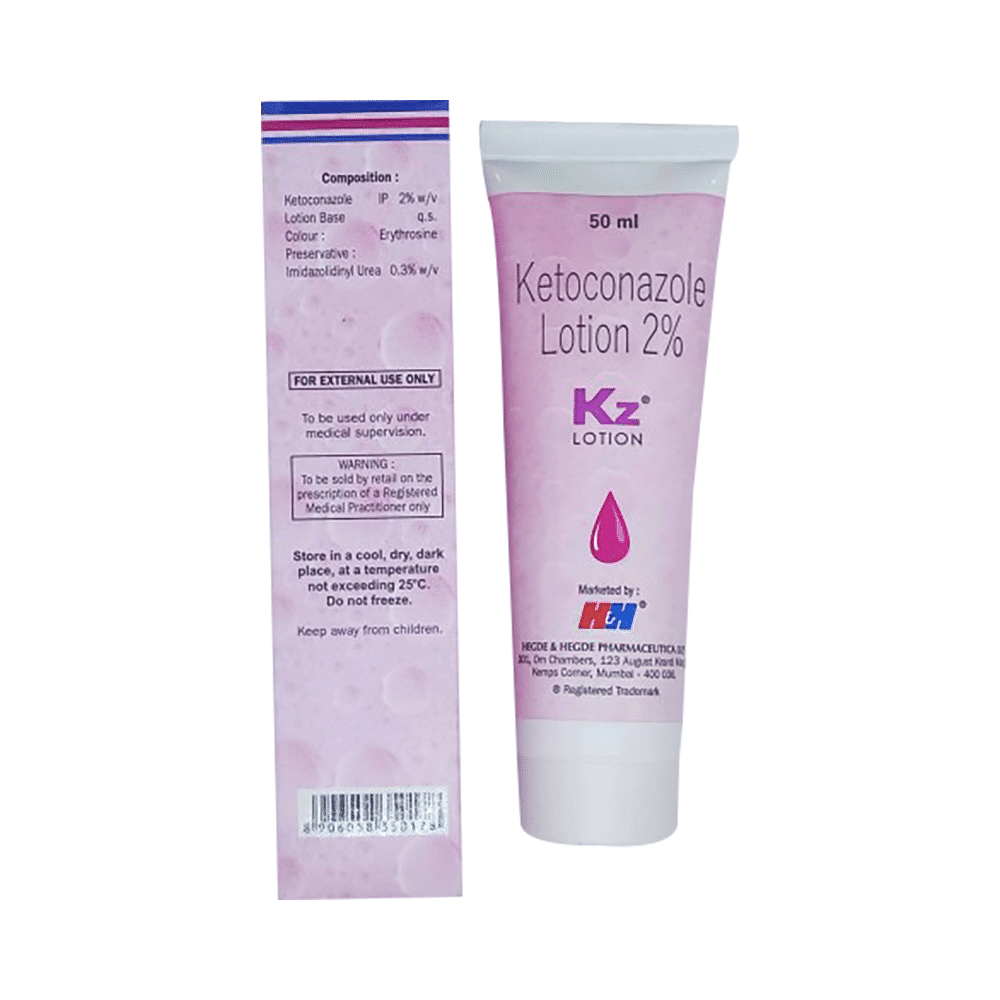
KZ Lotion
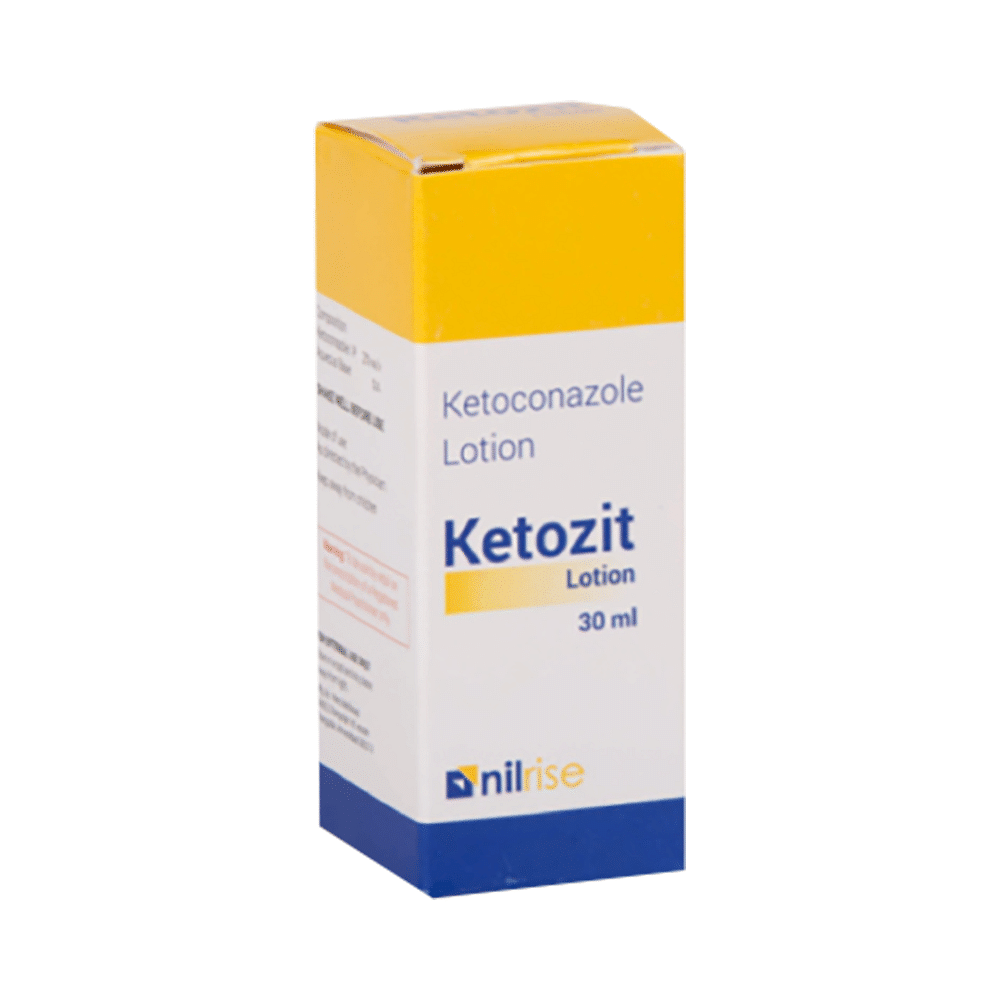
Ketozit 2% Lotion
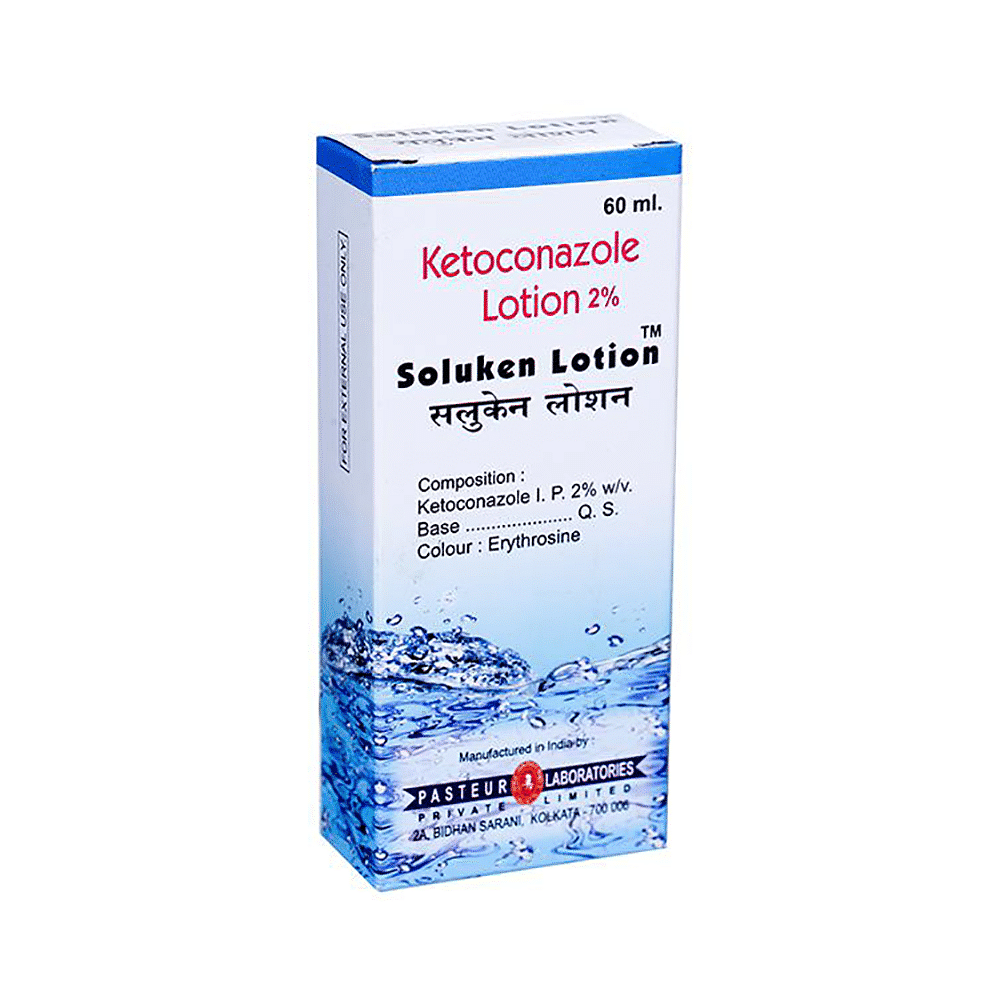
Soluken Lotion

Naz 2% Lotion
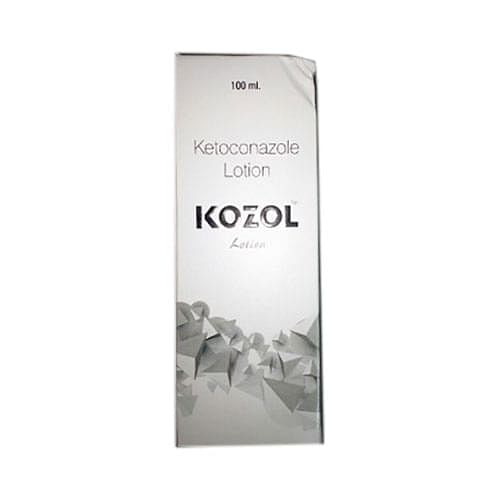
Kozol Lotion

Myket Lotion

Fungokill 2% Lotion
Frequently asked questions
What is Keticon Lotion used for?
Keticon Lotion is a treatment option for skin infections that can affect the feet (athlete's foot), groin area (jock itch), or skin folds (sweat rash infected with a yeast infection 'thrush'). It is also effective against fungal infections of skin and nails. It provides rapid relief from itching associated with these fungal infections.
Is Keticon Lotion a steroid cream?
No, Keticon Lotion is not a steroid cream. It belongs to the imidazole class of medicines and acts by killing fungi or preventing their growth, which causes infection.
What are the side effects of Keticon Lotion?
Common side effects include application site burning, redness, and itching. The application site may also develop uncommon side effects such as discomfort, dryness, bleeding, severe allergic reactions (hives), rash, skin exfoliation, sticky skin, prickling sensation, or inflammation.
Can I use a steroid cream along with Keticon Lotion?
It is recommended to apply a mild steroid ointment like hydrocortisone cream/ointment in the morning and use Keticon Lotion in the evening. Gradually stop using the steroid cream over 2-3 weeks. However, if you have used a potent corticosteroid for seborrheic dermatitis, ensure at least a 2-week gap before applying Keticon Lotion to avoid skin sensitization.
How should Keticon Lotion be applied?
Before using Keticon Lotion, thoroughly wash the affected area with water and dry it completely. After application, wash your hands carefully (until and unless your hands are also affected) to prevent infection spread to other parts of the body or other people.
For how long do I need to use Keticon Lotion?
Use Keticon Lotion for as long as recommended by your healthcare provider. It is typically used for 2-4 weeks for jock itch and sweat rash, and 2-6 weeks for athlete's foot. Continue using the medication even if symptoms disappear to prevent the infection from reappearing.
What should I do if I forget to use Keticon Lotion?
If you accidentally forget to use Keticon Lotion, don’t worry and continue with your treatment as soon as you remember. If you are uncertain or have any further questions, please consult your healthcare provider.


